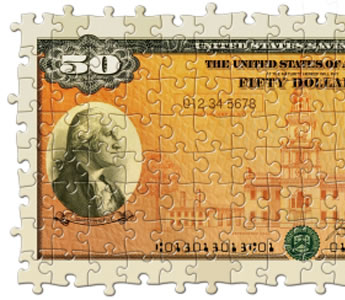Tax legislation passed at the end of 2010—the Tax Relief, Unemployment Insurance Reauthorization, and Job Creation Act of2010—maintains the person in effect since 2003. In 2011 and 2012, those rates range from 10% to 35%. In 2012, we might see yet another debate on future tax rates. Capital gains and dividends The 2011 and 2012 tax rates ranging from 10% to 35% are on ordinary income: earnings, interest on savings accounts, pensions, and so on. For long-term capital gains and qualified dividend income (which includes most dividends received by investors), the top tax rate remains at 15% for this year and the next. Therefore, investors are likely to continue to seek dividend-paying stocks and all types of investments that may
2011 Q2 | Income Tax Rates Hold Steady







